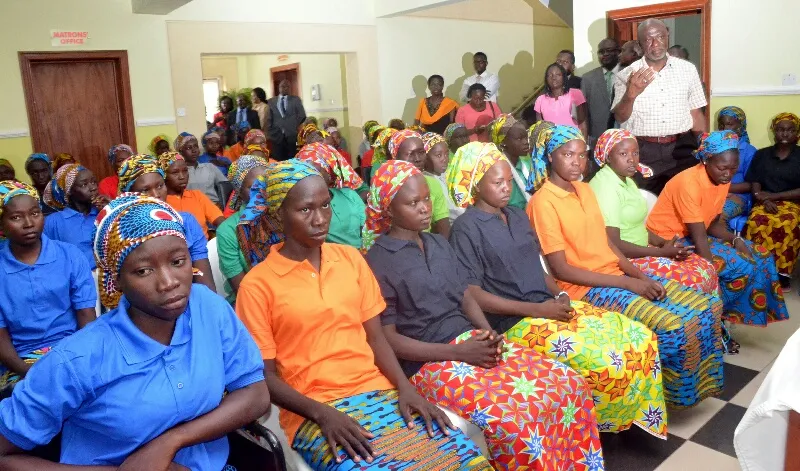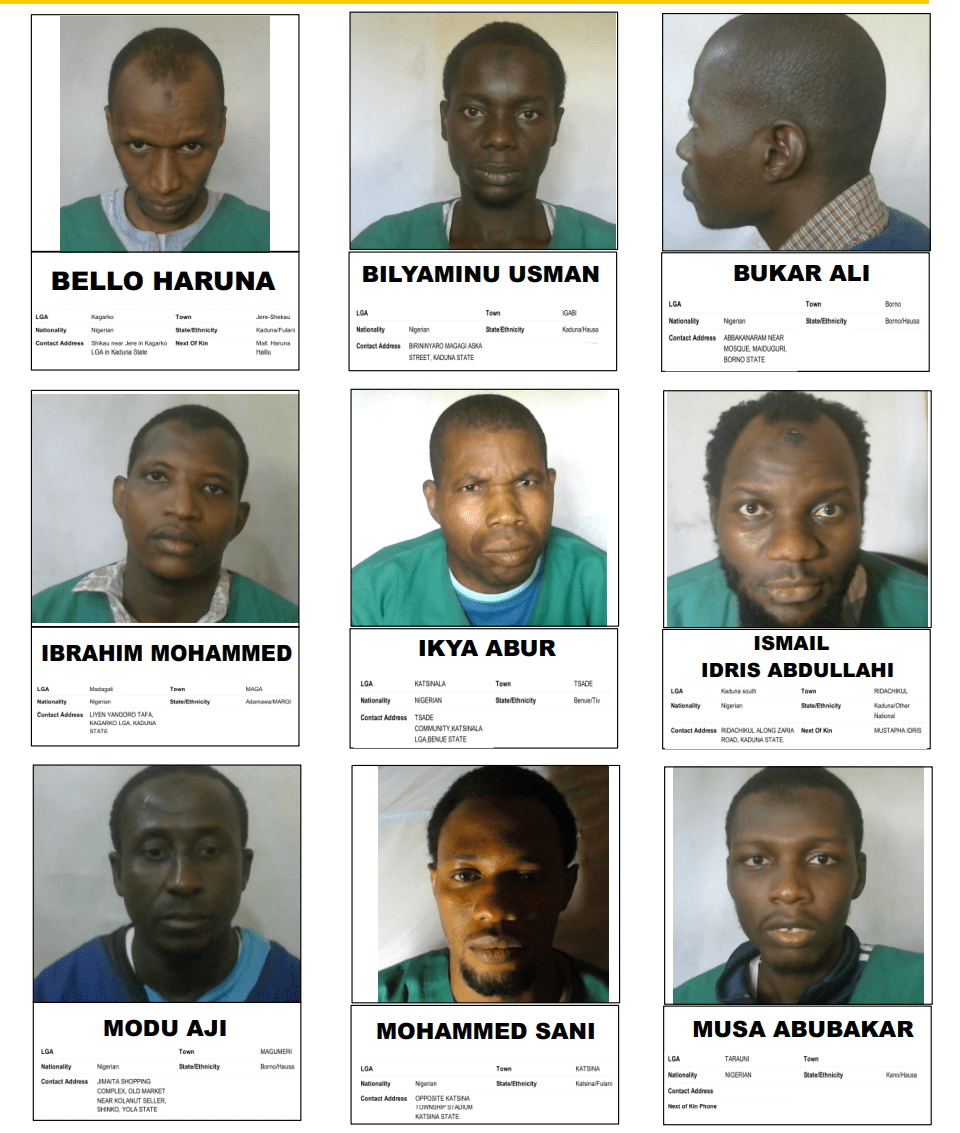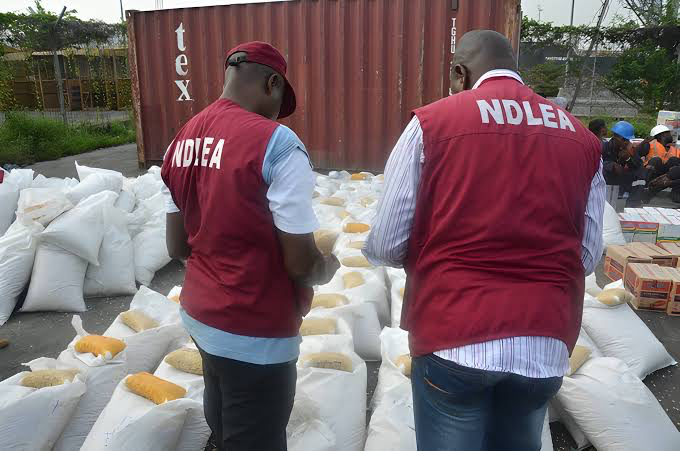Amnesty International has released an investigative report detailing the dire circumstances of girls who escaped Boko Haram captivity in Nigeria’s North East. The report, titled “Help us build our lives: Girl survivors of Boko Haram and military abuses in north-east Nigeria,” reveals that these girls were often “reunited” with their surrendered “husbands” in government-run facilities.
The comprehensive report is based on 126 interviews conducted between 2019 and 2024, including 82 with survivors. It documents the severe abuses these girls faced, including abduction, forced marriage, enslavement, and sexual violence at the hands of Boko Haram.
Samira Daoud, Amnesty International’s Regional Director for West and Central Africa, highlighted the plight of these girls, many of whom are now young women: “These girls had their childhoods stolen from them and suffered numerous war crimes and human rights abuses. They are now showing remarkable bravery as they seek to take control of their future.”
The report details how the girls were forced into “marriages” where they were subjected to sexual slavery and domestic servitude. At least 33 survivors reported being raped by their “husbands.” One survivor, identified as HA, recounted how she agreed to marry to save her father from being killed, only to endure frequent beatings and rape.
Living under strict and oppressive rules, the girls had severely limited freedom and faced brutal punishments for any perceived infractions. Public punishments, including lashings, amputations, and beheadings, were common to instill fear and control.
GH, who spent around a decade in captivity and is now in her early 20s, shared her traumatic experiences: “Sometimes I dream about the corpses that I saw or the stoning of the women that I saw. Once I open my eyes, I can’t go back to sleep again.”
The report also reveals that 28 interviewees bore children as a result of sexual violence, with at least 20 of them giving birth while they were still children themselves.
In response to Amnesty International’s findings, which were communicated to federal and state governments and UN offices, the military denied all allegations, asserting that it upholds human rights in its operations and dismissing Amnesty’s sources as “intrinsically unreliable.”
The report calls for urgent and increased specialist support for these survivors to help them rebuild their lives and highlights the need for accountability and justice for the crimes committed against them.



